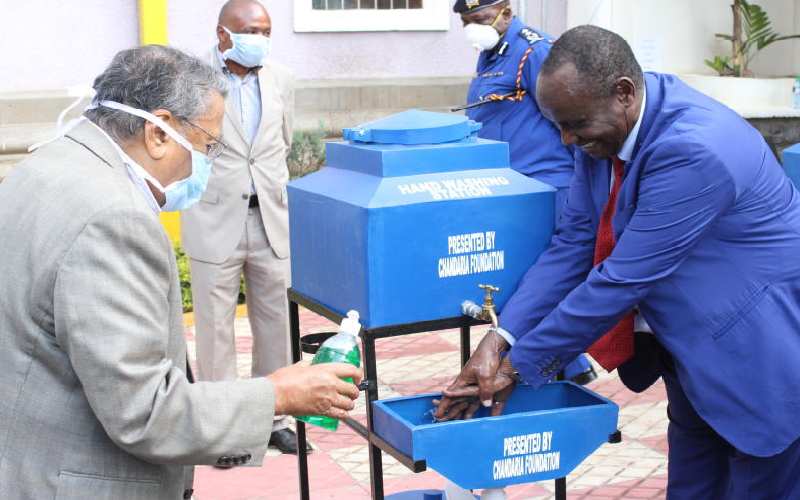×
The Standard e-Paper
Fearless, Trusted News

Most countries around the world have been following the ‘stay at home’, ‘social distancing’ script, with the gradual addition of other measures like the mandatory wearing of masks, gloves, curfews and lockdowns. These came after countries closed their borders, cancelled international passenger flights, enforced quarantine rules for travellers, and testing for those exposed to the new coronavirus.